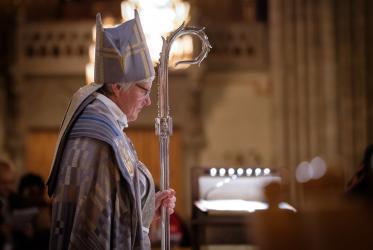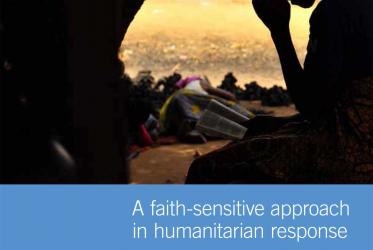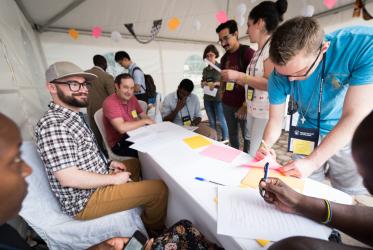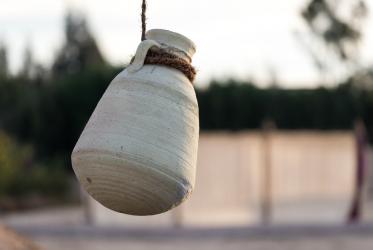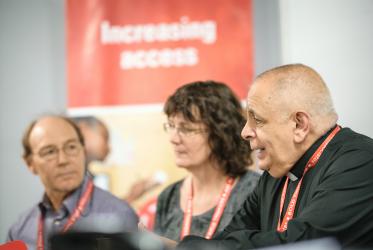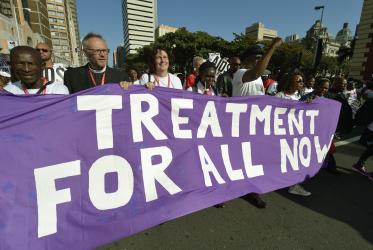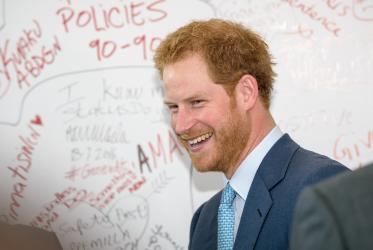Displaying 21 - 40 of 54
29 October 2018
What difference does dressing in black make?
02 August 2018
At CSW62, “stories are the heartbeat”
21 March 2018
‘Sokoni’ transforms marketplace into mission
13 March 2018
Voices from Colombia: “What if we have no land to till?”
15 February 2018
Tveit offers input at religion and development meeting
03 October 2016
AIDS 2016: Coverage of faith response to HIV
22 July 2016
Star power shines light on AIDS epidemic
21 July 2016
Children are being let down over HIV care
17 July 2016
AIDS 2016: “Stigma kills more people than HIV”
17 July 2016
